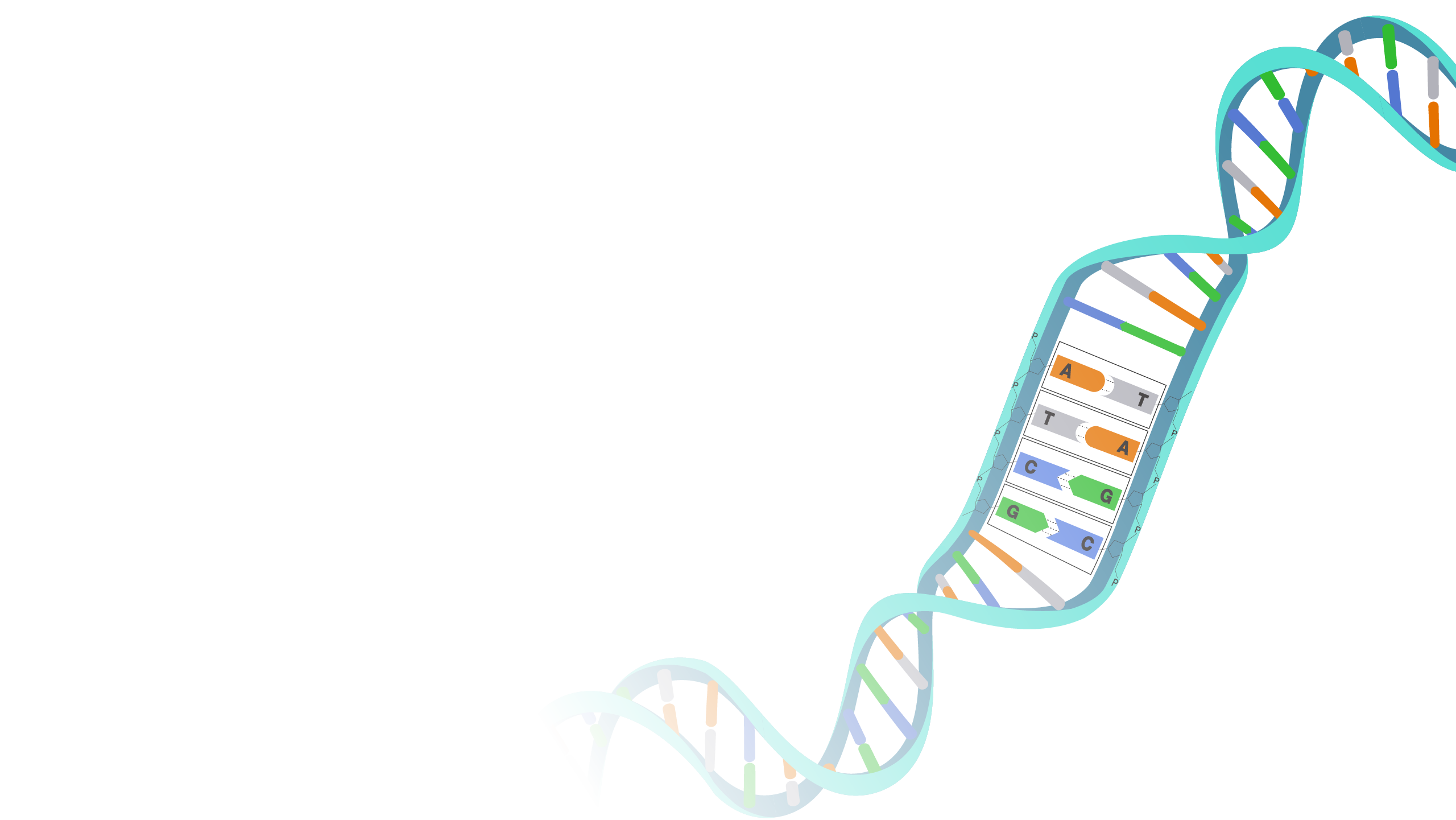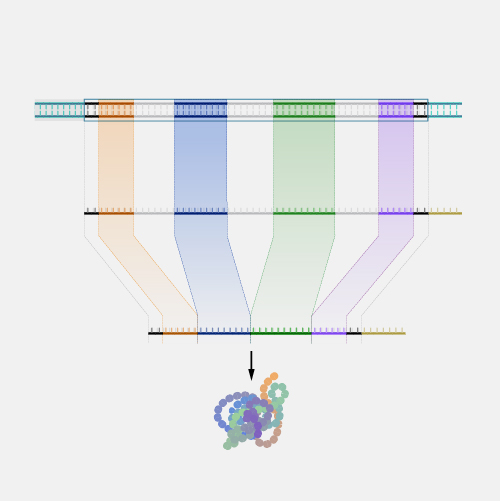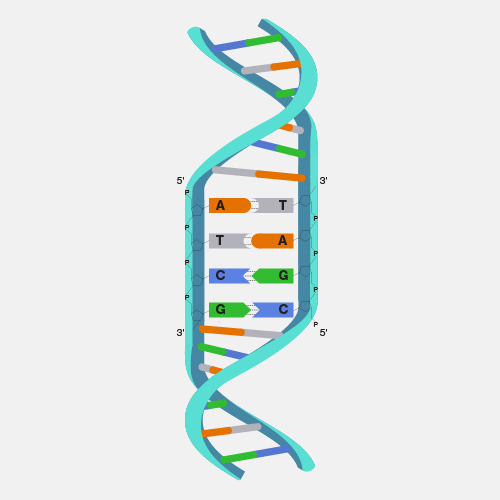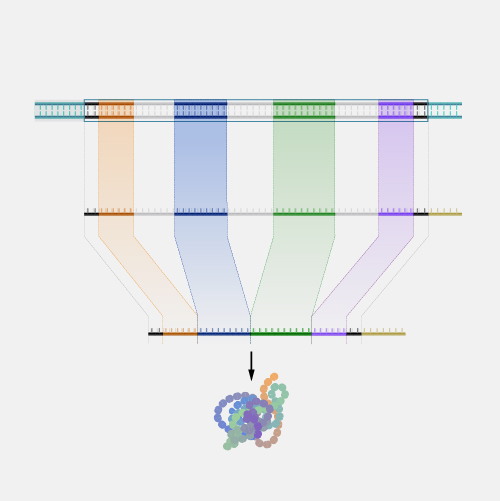
Exome
Definition
An exome is the sequence of all the exons in a genome, reflecting the protein-coding portion of a genome. In humans, the exome is about 1.5% of the genome.
Narration
Proteins are encoded by genes. And genes consist of two major components, exons and introns. Exons contain the nucleotides that directly encode for proteins, whereas introns are stretches of DNA between the exons and do not encode for proteins. The entire collection of all the exons from all the genes in a genome is called an exome. In the case the human genome, the exome only corresponds to about 1.5% of the genome’s roughly 3 billion nucleotides. Genome scientists have developed laboratory methods that allow them to just sequence a genome’s exome; in other words, just the part of the genome that directly encodes for proteins. So, you will often hear genomicists talk about an exome sequence, which is a very small part of the overall genome (or whole-genome) sequence.





